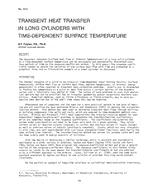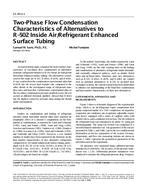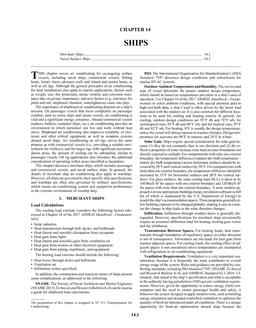Flow over and around a building is computed using the F3Dk-epsilon model, which is based on the k-epsilon turbulence model. The convection term is approximated using the hybrid upwind (HU) and the streamline upwind (SU) procedures. Fine and coarse grids are considered to study flow features and pressure coefficients. Flow separation on the roof and sides of the building is captured using the fine grid but not the coarse grid and the HU and SU procedures. The computed flow features over a two-dimensional building using the SU procedure are similar to the wind-tunnel model predictions. The computed pressure coefficients using coarse and fine grids are almost the same for two- and three-dimensional buildings. The computed pressure coefficients around a building at a university compare well with field measurements.
KEYWORDS: year 1996, calculating, air flow, wind pressure, buildings, turbulent flow, comparing, models
Citation: Symposium Papers, Atlanta, GA, 1996
Product Details
- Published:
- 1996
- File Size:
- 1 file , 1.1 MB
- Product Code(s):
- D-16620


